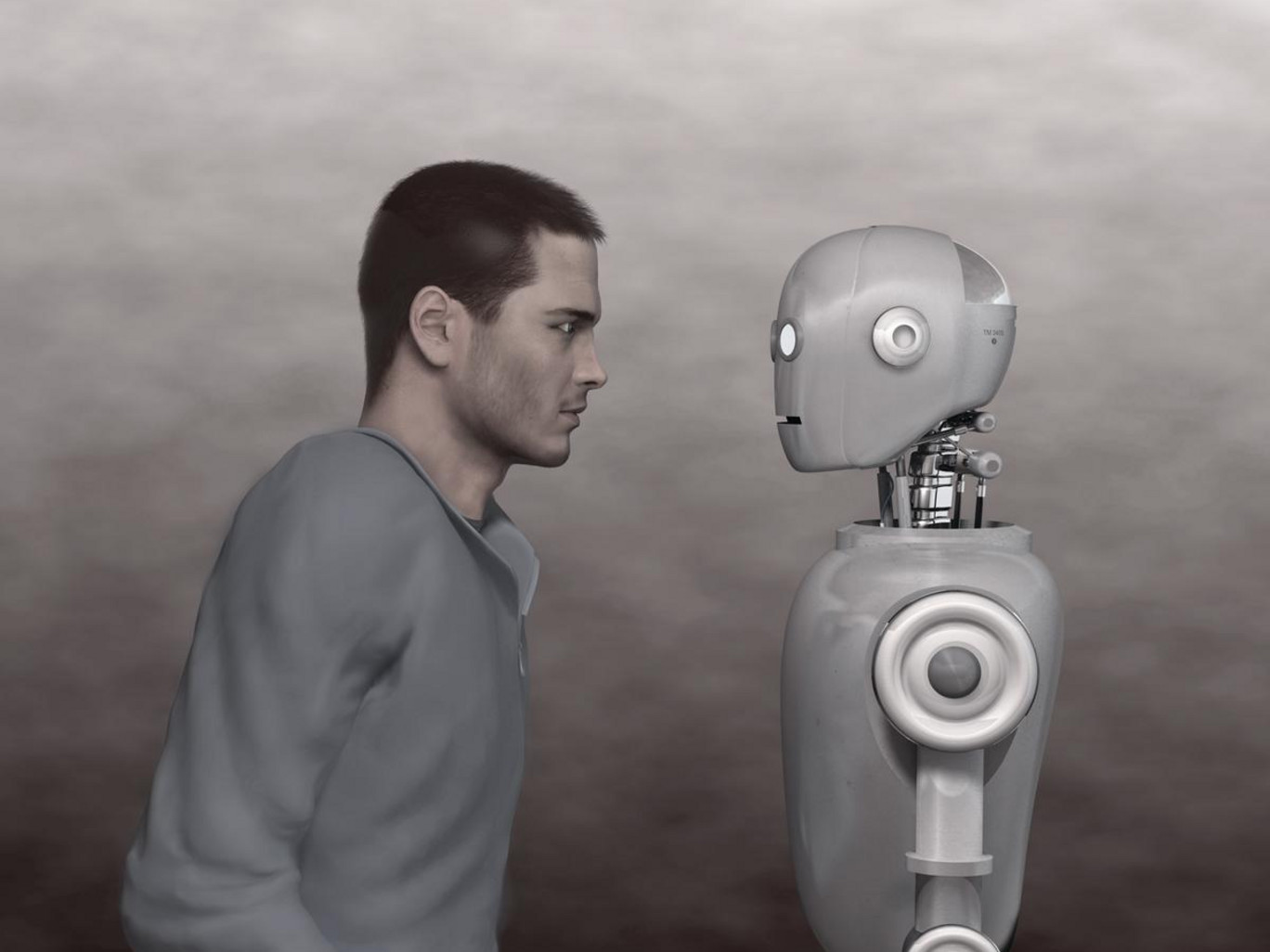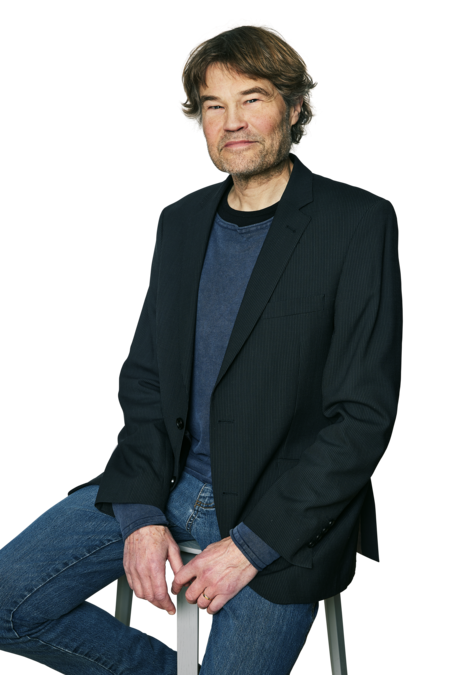39 million DKK for research in the humanities

09.10.2017
Eight research projects from five Danish universities have collectively received 39 million DKK from VELUX FONDEN's core group programme for research in the humanities.
Why do some people prefer the Royal Danish Theater while others prefer a revue? Which role does social heritage play for our cultural interests? And does educational choices, career and income matter for our choice of cultural interests?
What does a white LED or an old lamppost mean for the mood of a city space and for our actions in public? How can mood and ambiance be scientifically studied?
These research issues are the focus of two of the eight projects that have just received grants from VELUX FONDEN's core group programme for research in the humanities.
Focus on the human factor
Common to the projects is that they are three-year collective projects - i.e. projects conducted by a research group. They all have a basic element of and focus on human science or the human factor.
"In Denmark as well as abroad, there is a growing awareness that the great challenges of time - environment, resource consumption, health, welfare, working life, competitiveness, etc. - cannot be solved with technical or financial insight alone. This also requires knowledge of the 'human factor's' crucial role in both the problems and the solutions. Human science can provide important insights, which also apply to the eight new projects that I look forward to following," says Executive Director of VELUX FONDEN, Ane Hendriksen.
The humanities must be supported and strengthened
VELUX FONDEN has prioritised the humanities field since 2008. Each year, the Foundation gives free research grants to promote mainly basic scientific collective research projects at the highest academic level at Danish universities.
Overall, the grants have passed 450 million DKK since 2008.
"Humanities must be supported and strengthened - also on the long-term, research at basic science level where the fundamental questions are asked, and new ideas emerge and develop. Humanities are a necessary and important contribution to a long-term strong society," says Ane Hendriksen.
The core group programme is aimed at the humanities institutes of Danish universities and is designed in an outreach dialogue with respect to the wishes and suggestions of the universities.
The 39 million is divided between the eight projects:
University of Copenhagen
Associated Professor Louise Whiteley, University of Copenhagen, Medical Museion, National Institute of Public Health
Grant: 5,962,777 DKK
Over the past decade, a new health science research area has emerged along with a spectacular insight; the trillions of bacteria living in our intestines seem to play an important role in the brain's development and condition. The research results have prompted researchers to examine the role of intestinal bacteria in several mental conditions and disorders, including schizophrenia, depression, anxiety, stress, and autism. Research has already been 'released' by the laboratories and attracts great media attention as well as among patients and therapists. Therefore, there is also a need for humanistic based research and researchers that ask: how does this research change our cultural perception of mental disorders and the treatment? 'Microbes on the Mind' explores cultural perception across three analytical domains; science, culture/media and personal experiences. The project also includes a series of open, experimental workshops at the 'Mind the Gut' exhibition at the Medical Museion, designed to test and further develop the analysis.
Professor Mads Meier Jæger, University of Copenhagen, Department of Sociology
Grant: 5,452,019 DKK
Why do some people prefer the Royal Danish Theater while others prefer a revue? And which consequences does participation in cultural activities have for the social inequality? This sociological research project examines how individuals' cultural preferences and participation are created during their upbringing, and how they are influenced by social and economic conditions. The purpose of the project is to contribute with the knowledge that can give a more nuanced picture of the extent and the background of the increasing social inequality in Denmark. The project includes four sub-projects using a number of unique data opportunities in Denmark, such as data on the cultural preferences and participation of identical and fraternal twins, as well as data on cultural preferences and participation from three generations from the same family. The four sub-projects examine (a) why individuals with different family backgrounds develop different cultural preferences and participation patterns, (b) how these preferences and participation patterns affect the position of individuals in other domains (e.g. their education and income), and (c) how changes over time in the populations’ cultural preferences and participation can be linked to changes in social and economic inequality.
Roskilde University
Associate Professor Mikkel Bille, Roskilde University, Department of People and Technology
Grant: 5,816,181 DKK.
How does darkness, white LED or an old lamppost influence the atmosphere of a city space? How is the ambiance of the city staged and experienced? And how can this be examined scientifically? This project examines the connection between light, ambiance, and everyday life in three Nordic capitals. Urban planners increasingly use light design to shape the space of a city. The basic idea is that spotlights, locations, and colors from new light technologies can increase security, mobility and energy utilisation. However, the city is not just a stage with passive people. It is a living space, with social communities, stories and changing moods, that is evaluated by various users at different times. The project seeks to understand and map how the mood of the city is created in the context of light design and everyday actions. The project thus expands existing theories and qualitative methods to understand the nature of a certain mood in a city.
The University of Southern Denmark
Associate Professor Thomas Hestbæk Andersen, University of Southern Denmark, Department of Language and Communication
Grant: 4,281,533 DKK
More and more social practices are increasingly being 'resemiotised', that is, adapted from physical to the digital, internet-based reality, which fundamentally changes human interaction. Online shopping is relevant for the study of digitisation and its resemiotic consequences, because this social practice increasingly affects everyone, and because the design of web pages is uniquely organised according to the visitor's identity as a consumer rather than a citizen. In a comparative study of online shopping and shopping in physical stores, the project will map, if and how, (comparable) opinions and social identities are created with different resources (e.g. words, images, sounds and smells) online and offline. This will include generating insights into the possibilities and limitations of interaction in the two realities. In addition, the project aims at developing a new theoretical and methodological approach to the study of resemiotics, including redefining key human-scientific concepts such as 'text' and 'context'.
Professor Sharon Louise Millar, University of Southern Denmark, Department of Language and Communication
Grant: 3,510,600 DKK
Hate speech online is a growing cause for public concern and for political actions. Nevertheless, there is relatively little research on the subject from a communicative perspective, and we know very little about what people consider to be hate speech and why. This project will examine how hate speech is expressed on social media in Danish and German and develop databases to reveal the extent of hate speech and the typical patterns in terms of expression in both languages and across languages. The aim is to identify different degrees of hate speech, from the more direct to the indirect, and how hate speech is used on social media. The project will also examine how hate speech is perceived by different social groups by means of physiological and neurological measures. Research questions include whether there is a difference in how people perceive spoken versus written hate speech and whether there is a difference in perception based on e.g. gender, age, ethnic and national origin. The results should be of interest to decision-makers, police authorities and social media providers, as well as contribute to the debate on freedom of expression.
Associate Professor Anders Engberg-Pedersen, University of Southern Denmark, Department for the Study of Culture
Grant: 3,230,385 DKK
In the 21st century, warfare has increasingly become dependent on fiction. Imagined scenarios and virtual worlds today form how war is prepared, fought and processed. The military has thus moved into a field that rarely connects with the aesthetics of war. Various concepts traditionally belonging to the theory of art and representation have migrated into the military sphere and have been updated. Concepts such as fiction, experience, realism, suspension of disbelief have become decisive for how wars are conducted today. At the same time, the aesthetic fields themselves have responded to the militarisation of aesthetics. Literature, visual art, movies, and theater have sought to regain the critical potential of art in different ways. The project examines this coincidence of war and aesthetics in the 21st century. Although the wars in Iraq, Afghanistan, and Syria have caused several researchers to reflect on what a humanist approach to the understanding of war can offer, there is a lack of a fundamental aesthetic theory of contemporary wars. The aim of the project is to develop this theory.
Aalborg University
Associate professor Martin Bak Jørgensen, Aalborg University, Department of Culture and Global Studies
Grant: 6,032,600 DKK
Despite the increased awareness of migrants use of information and communication technology (ICT), migration research lacks knowledge about migrants' digital practices. Using mixed methods, including ethnographic and digital computing approaches, DIGINAUTS examines how migrants navigate digitally, en route and on arrival to Europe, and how ICT, migrant practices and network in the recipient countries mediate and reconfigure each other. It is a thesis of the project that ICT tools are potential creators of new socio-technical network, communities, and solidarity, which can inspire a new understanding of migrants as political actors in the European border regime. Through three sub-projects, specific routes and gathering points for migrants are examined in respectively the Danish-German and Danish-Swedish border regions as well as in the northern part of the Mediterranean region with Athens as the center.
Aarhus University
Professor David Reimer, Aarhus University, DPU - Danish Institute for Education
Grant: 4,788,281 DKK
The purpose of the project is to examine two aspects of school culture in the Danish primary school that is important for the emergence of social and gender opportunities among pupils. The school's orientation towards higher education, which is an American high school context has been defined as the 'organizational habitus' of the school and the emergence of gender stereotypes, e.g. expectations about student skills and preferences based on their gender. For the examination of school culture, the project will use two different databases. Firstly, in connection to the project, questionnaires will be developed and conducted to capture the values and attitudes of the teachers and the students. Secondly, the project will examine school culture using newly-available forms of process-generated data at schools ("big data") generated using learning platforms and learning management systems ("LMS") in the Danish primary school.

Core group grants 2008-2017

